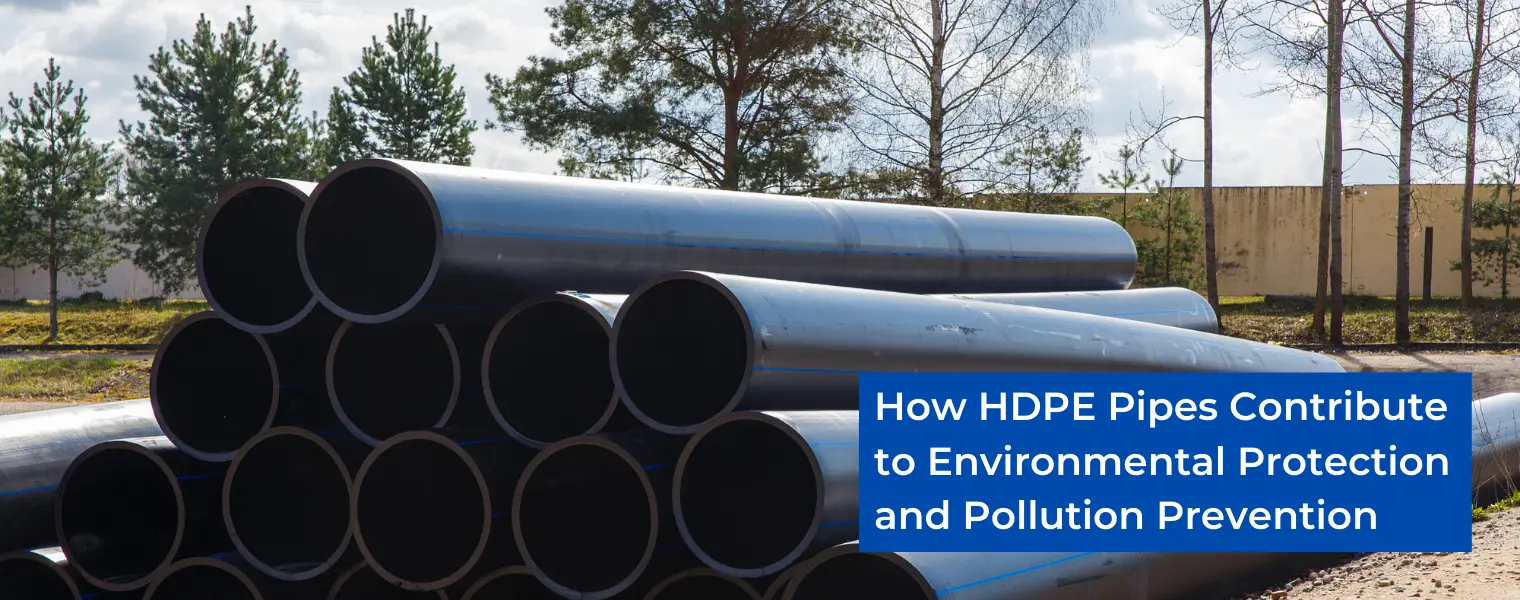
High-density polyethylene (HDPE) pipes are a widely used material in the piping industry due to their superior strength, durability, and flexibility. HDPE pipes have been proven to be an excellent choice for environmental protection and pollution prevention. In this blog post, we will discuss the ways HDPE pipes contribute to environmental protection and pollution prevention.
The production of HDPE pipes requires less energy compared to other piping materials such as steel or concrete. As a result, HDPE pipes contribute to a reduction in greenhouse gas emissions. The use of HDPE pipes also reduces the transportation of materials, which further reduces carbon emissions.
HDPE pipes are 100% recyclable, and the material can be reused to produce new pipes. This reduces the amount of waste that ends up in landfills and saves resources that would be used in the production of new materials. Additionally, HDPE pipes have a long lifespan, which reduces the need for frequent replacement, further reducing waste.
HDPE pipes are known for their superior strength and durability, which reduces the risk of leaks or breakages. The prevention of leaks and breaks reduces the potential for environmental pollution caused by contaminated water and soil. This also reduces the risk of the release of harmful substances that can negatively impact the environment and human health.
HDPE pipes are resistant to a wide range of chemicals, making them ideal for use in industries such as mining, chemical processing, and wastewater treatment. The resistance to chemicals and corrosion also reduces the risk of environmental pollution caused by leaks or breaks in pipes carrying hazardous materials.
HDPE pipes require less excavation and site disturbance during installation, reducing the impact on the environment. This reduces the amount of soil that needs to be excavated and transported, further reducing carbon emissions. The reduction in excavation and site disturbance also reduces the potential for soil erosion and habitat destruction.